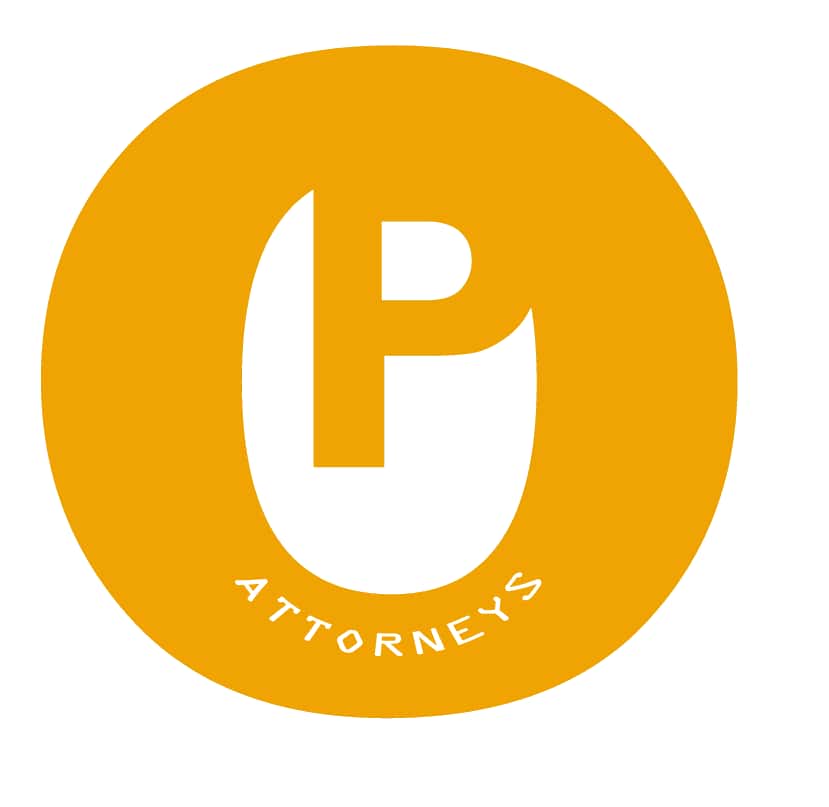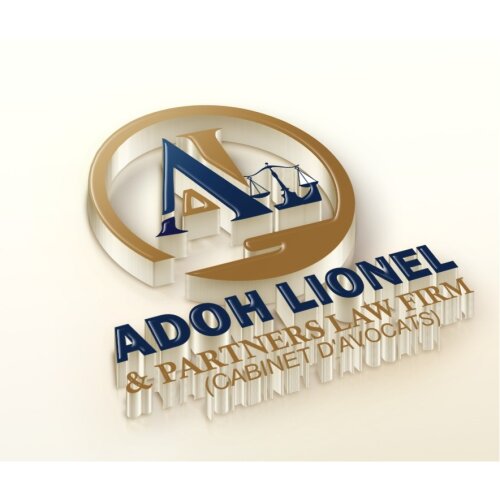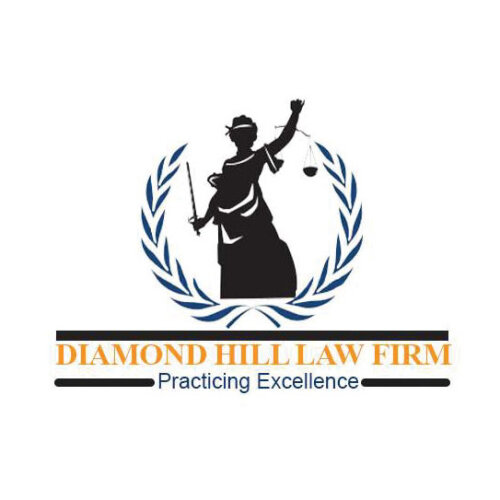Best Mining Law Lawyers in Douala
Share your needs with us, get contacted by law firms.
Free. Takes 2 min.
List of the best lawyers in Douala, Cameroon
About Mining Law in Douala, Cameroon
Mining Law in Douala, Cameroon, governs all aspects of mineral resources exploration, exploitation, and processing within the region. The legal framework is established primarily by the Cameroonian Mining Code, which sets the standards for licensing, ownership rights, environmental obligations, and the roles of local and foreign investors in mining activities. As Douala is the economic capital of Cameroon, many mining companies and contractors base their operations or coordinate logistics from this city, making local laws and procedures especially important for anyone considering mining ventures in the area.
Why You May Need a Lawyer
There are several situations where seeking legal advice related to Mining Law may be necessary in Douala, Cameroon. Common reasons include:
- Applying for or renewing a mining license or permit
- Negotiating contracts or joint ventures with local or international partners
- Ensuring compliance with environmental and safety regulations
- Resolving disputes with landowners, government authorities, or other mining operators
- Due diligence or investigations during mergers, acquisitions, or investment opportunities
- Navigating taxation, customs, and export regulations for mineral products
- Understanding local content requirements and regulations specific to Douala and the Littoral region
A lawyer specializing in Mining Law can help you avoid costly mistakes, understand your rights and obligations, and ensure your mining operations are legally sound.
Local Laws Overview
Mining activities in Douala are primarily regulated by the Cameroon Mining Code, Law No. 2016/017 of December 14, 2016, and its accompanying decrees. Key aspects include:
- Types of Permits: Cameroon offers various permits such as research permits, small-scale mining permits, and industrial mining permits. Each has its own application process and conditions.
- Ownership Structure: Both domestic and foreign entities can participate in mining, but certain requirements for local partnerships and shareholding may apply, especially for large projects.
- Environmental Considerations: Environmental Impact Assessments (EIA) are mandatory before starting mining activities. Compliance with environmental and safety standards is strictly enforced.
- Community Consultation: Mining operators must engage with affected local communities and may be required to provide compensation or community development support.
- Royalties and Taxes: The law prescribes royalty rates and taxes on mineral production, exports, and company profits, applicable to all operators in the supply chain.
- Dispute Resolution: Disputes may be resolved through local courts or arbitration, depending on contractual terms and legal provisions.
Local regulations and municipal bylaws may also affect mining operations in Douala, especially regarding land use, urban planning, and logistics.
Frequently Asked Questions
What types of mining licenses are available in Cameroon?
There are several types of mining licenses in Cameroon, including reconnaissance authorization, exploration permit, small-scale mining permit, and industrial mining permit. Each type grants specific rights and obligations depending on the scale and duration of the intended activity.
Can foreign companies own mining rights in Douala?
Yes, foreign companies are permitted to own mining rights in Douala and elsewhere in Cameroon. However, certain projects may require joint ventures or partnerships with local entities, and the government may place additional obligations on foreign investors.
What are the main regulatory requirements for starting a mining project?
Applicants must obtain the appropriate mining permits, conduct an Environmental Impact Assessment, fulfill consultation requirements with affected communities, and comply with various safety, environmental, and financial regulations before commencing operations.
How is land ownership handled if minerals are discovered on private property?
In Cameroon, subsoil minerals belong to the state. However, landowners must be consulted and compensated for any damages or losses incurred due to mining activities on their property.
What taxes and royalties apply to mining operations in Douala?
Mining operators are subject to taxes on profits, royalties based on mineral production, and taxes on exports. Rates vary depending on the mineral type and scale of operation as prescribed by the Mining Code and national tax laws.
What are the environmental obligations for mining companies?
Mining companies must conduct Environmental Impact Assessments, obtain necessary permits, mitigate negative environmental effects, and follow reporting protocols. Restoration and rehabilitation of mining sites after closure are also required by law.
How are disputes between mining companies and communities resolved?
Disputes may be resolved through negotiation, mediation, local or administrative courts, or arbitration, depending on the specifics of the case and any agreements in place.
Are there local content requirements for mining operations?
Yes, mining operators may be required to prioritize local employment, source goods and services locally, and contribute to community development as part of their operational and licensing conditions.
Can mining licenses be transferred or sold to another party?
The transfer or assignment of mining licenses is allowed but must be approved by the Ministry of Mines and comply with all legal and regulatory provisions.
What governmental body oversees mining in Douala, Cameroon?
The Ministry of Mines, Industry and Technological Development (MINMIDT) is the main government authority overseeing mining activities, licensing, and compliance both nationally and in Douala.
Additional Resources
For further guidance and information on Mining Law in Douala, Cameroon, consider contacting or consulting the following resources:
- Ministry of Mines, Industry and Technological Development (MINMIDT): The principal regulatory authority for mining activities and licensing.
- Douala Urban Council: For local land use, permitting, and municipal regulations affecting mining logistics.
- Chamber of Commerce, Industry, Mines and Crafts (CCIMA): Provides business support services and sector-specific advice for mining operators.
- National Legal Aid Organizations: Offer legal assistance for community members or small-scale miners in need of guidance.
- Professional Associations for Mining Engineers and Geologists: Useful for networking and accessing technical expertise related to mining projects.
Next Steps
If you are considering entering the mining sector or are already involved in mining activities in Douala, Cameroon, the following actions are recommended:
- Clearly identify your mining interests, goals, and the type of minerals involved.
- Consult with a legal professional specializing in Mining Law to review your options and requirements.
- Gather necessary documentation, such as land titles, partnership agreements, and environmental reports.
- Reach out to relevant government bodies to understand current regulations and licensing procedures.
- Engage transparently with local communities and stakeholders to ensure social and environmental compliance.
- Stay up to date with legislative and policy changes affecting mining in Douala and the wider region.
Working with an experienced Mining Law lawyer ensures your activities are compliant and helps you successfully navigate the regulatory environment in Douala, Cameroon.
Lawzana helps you find the best lawyers and law firms in Douala through a curated and pre-screened list of qualified legal professionals. Our platform offers rankings and detailed profiles of attorneys and law firms, allowing you to compare based on practice areas, including Mining Law, experience, and client feedback.
Each profile includes a description of the firm's areas of practice, client reviews, team members and partners, year of establishment, spoken languages, office locations, contact information, social media presence, and any published articles or resources. Most firms on our platform speak English and are experienced in both local and international legal matters.
Get a quote from top-rated law firms in Douala, Cameroon — quickly, securely, and without unnecessary hassle.
Disclaimer:
The information provided on this page is for general informational purposes only and does not constitute legal advice. While we strive to ensure the accuracy and relevance of the content, legal information may change over time, and interpretations of the law can vary. You should always consult with a qualified legal professional for advice specific to your situation.
We disclaim all liability for actions taken or not taken based on the content of this page. If you believe any information is incorrect or outdated, please contact us, and we will review and update it where appropriate.













